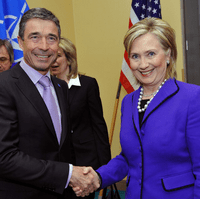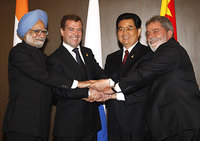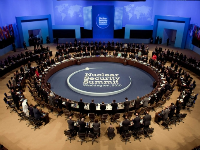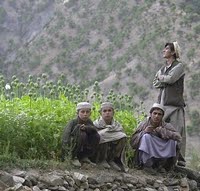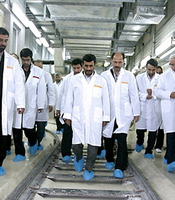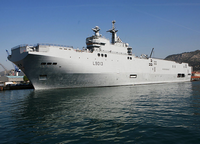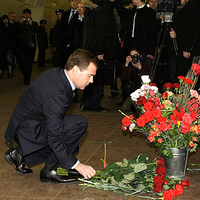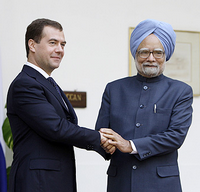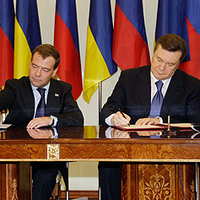
Despite fist fights and smoke bombs within the parliament building as well as protests outside the Supreme Rada, Ukrainian legislators yesterday ratified the controversial Russian-Ukraine base-for-gas agreement. According to the deal’s provisions, in exchange for Moscow accepting lower prices for Ukraine’s gas purchases, the Russian Navy can remain at its Sevastopol base in the Crimea for another 25 years after the current lease expires in 2017. Ukrainian protesters attacked the new government under President Viktor Yanukovych for allegedly “trading sovereignty for gas.” While the precise amount of revenues that Russia will forego by subsidizing gas sales to Ukraine will depend […]

